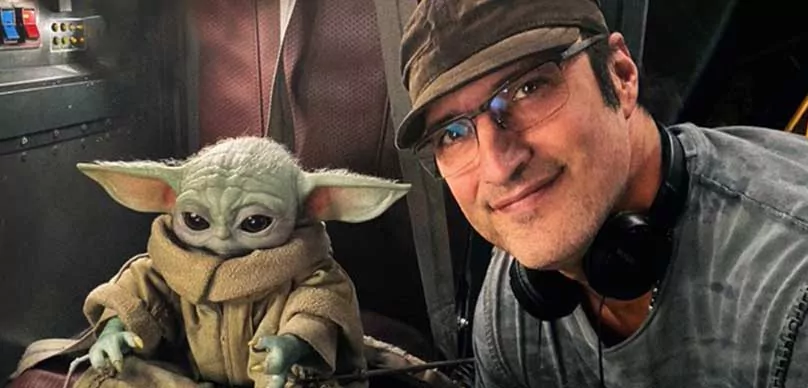I’ve been a huge fan of the way writer/director Robert Rodriguez makes his films. The almost total creative control within the studio system is remarkable. Before Youtube film schools there was the 10-minute film schools on every DVD release of any Robert Rodriguez film.
These 10 minute film schools, produced by the man himself Robert Rodriguez, was an inside look at his tips and tricks on how he created the movie magic in his films. It was the inspiration to my DVD set for my short film BROKEN. They are a treasure trove of filmmaking knowledge. I learn a ton from each one and now you can as well. Get ready to have your mind blown.
“Too many creative people don’t wanna learn how to be technical, so what happens? They become dependent on technical people. Become technical. You can learn that. If you’re creative and technical, you’re unstoppable.” – Robert Rodriguez
The Robert Rodriguez: 10 Minute Film School (The First and Original)
The Making of “El Mariachi” – The Robert Rodriguez Ten Minute Film School
A behind the scenes look at the making of the Robert Rodriguez ultra low budget film “El Mariachi”. Rodriguez explains the tricks filmmakers can use when working with extremely limited budgets.
Desperado – Ten More Minutes: The Anatomy of a Shoot Out
This is the second installment of Robert Rodriguez’s 10 Minute Film School. Here he shows how he was able to storyboard his film Desperado using a video camera. He uses a simple mini-DV camera to figure out which angles he will use for the film.
From Dusk Till Dawn – 10 Minute Film School
Planet Terror – 10 Minute Film School
Once Upon the Time in Mexico – 10 Minute Film School
This is an episode of a long series of 10 minute film school segments that Robert Rodriguez does for all of his films. These tutorials are on advanced digital film-making and go into detail on how to write, produce and direct your own indie film. This is very interesting if you are a DIY type of person or just a movie buff.








